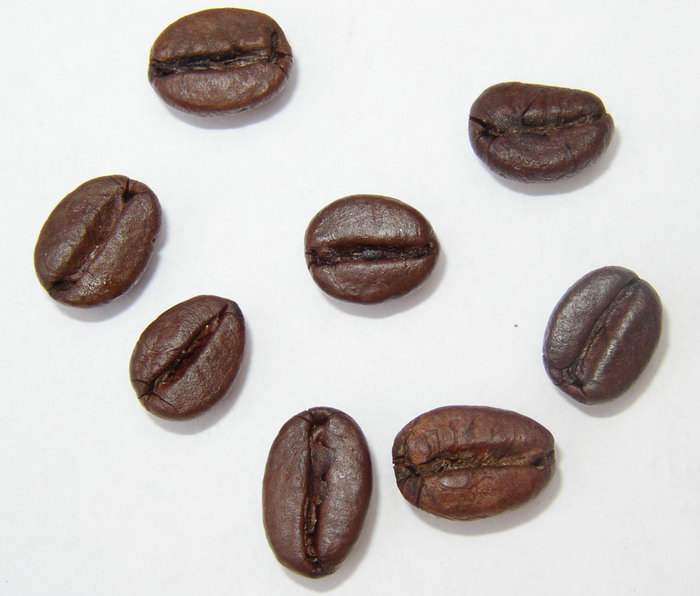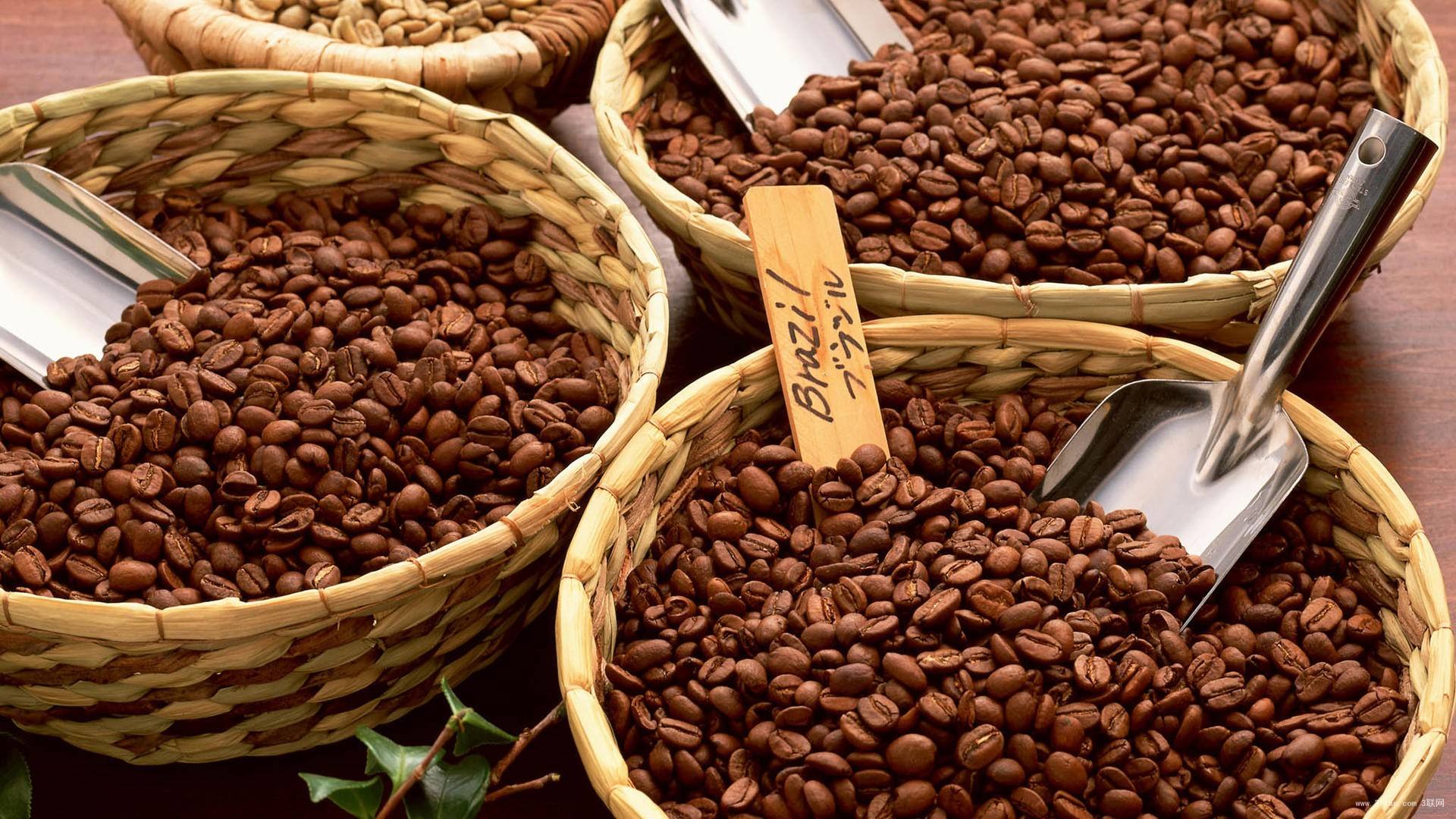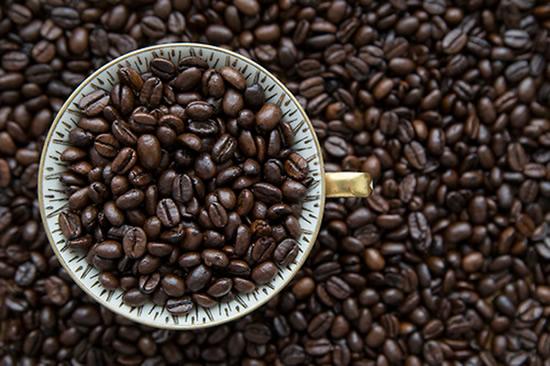The production of Ethiopian coffee, the introduction of Ethiopian coffee
Pay attention to coffee reviews (Weixin Official Accounts vdailycom ) and find a beautiful cafe to open your own shop
Ethiopia has more than 140 varieties of coffee
Ethiopia, located in East Africa, means "land inhabited by sun-tanned people" in ancient Greek. Ethiopia's unique cultural traditions, spectacular scenery, pleasant climate, rich flora and fauna, important monuments, hospitality and friendly people have made it one of the major tourist destinations in Africa.
The name Coffee comes from Ethiopian kaffa

You know what? The roots of coffee are in Ethiopia. It is said that the English word coffee is also derived from the Ethiopian name Kaffa. Legend has it that around 900 AD, a shepherd in the Kafa region of Ethiopia was grazing in the mountains when he found his sheep competing for a red berry. After eating, the sheep were jumping and reacting abnormally. The shepherd thought that his sheep had eaten something harmful and worried all night. The next day the sheep were safe. This unexpected discovery prompted shepherds to gather the wild fruit to boil the juice to quench their thirst. He found the juice extremely mellow and his spirits were abnormally high after drinking it. So he began to grow the plant, which led to the large-scale cultivation of coffee, from which the name coffee evolved. Coffee spread from Ethiopia to the world.
Coffee as pure as a thoroughbred.
Ethiopia grows coffee in different climatic zones, so it has more than 140 farm varieties and fresh coffee production all year round. The quality of Ethiopian coffee varies according to different altitudes and geographical ecological environments. Harar coffee from the South-East Highlands is typical mocha coffee with a rich aroma; Wollega coffee from the South-West has a rich fruity aroma;Limu coffee has a grape aroma and spice flavor; Sidamo coffee has a mild, rich aroma and sour fruit flavor; Yirgacheffee coffee has a floral flavor. Taste yega snow fly, chocolate flavor and acidity is more intense, like lemon flying, contains a trance floral.
Interestingly, Ethiopians also put pictures of horses on coffee packages to show the purity of coffee. It is said that in those days when horses were the main means of transportation, Ethiopia had the best Arab thoroughbreds in the world. Ethiopians took pride in this, and now they give this pride to Ethiopian coffee."Good coffee should be as pure as thoroughbreds." Thanks to this concept, the taste of coffee here is still so mellow.
Production and processing of Ethiopian coffee
Ethiopia's geographical environment is very suitable for coffee growth. Coffee is mainly grown in the southern highlands between 1100 and 2300 meters above sea level. The main coffee producing areas are Harar, Limu, Djimma, Sidamo, Kaffa, Yergacheffe and Wellega. The soil in these areas is well drained, slightly acidic, and red and loose.
Ethiopian coffee is harvested once a year. 3-4 Beautiful white coffee blossoms bloom during the month, and then the fruit begins to grow. 9-12 The moon-red coffee fruit ripens and waits to be picked. 11-12 A new season of coffee begins to be exported.
Currently, about 25 percent of Ethiopia's population depends directly or indirectly on coffee production for their livelihood. Farmers using traditional farming methods predominate. Artificial care of coffee trees, use organic fertilizer, do not use harmful pesticides and herbicides. Most of the coffee produced in Ethiopia is organic.
Coffee can be divided into three types: forest or semi-forest coffee, garden coffee and plantation coffee.
Important Notice :
前街咖啡 FrontStreet Coffee has moved to new addredd:
FrontStreet Coffee Address: 315,Donghua East Road,GuangZhou
Tel:020 38364473
- Prev

Introduction to the Historical Origin of Rosa Coffee
Follow the caf é (Wechat official account vdailycom) found that the beautiful cafe opened its own shop Geisha is an Arabica coffee variety from Geisha Mountain in southwestern Ethiopia, which has been transliterated as rosy summer in China; because the Japanese pronunciation of geisha is similar to Geisha, Geisha is called geisha coffee in Japan; the author thinks that Chinese is still transliterated Rosa.
- Next

Ethiopian coffee beans characteristics, Ethiopian coffee grades
Pay attention to coffee reviews (Weixin Official Accounts vdailycom ) and find a beautiful cafe to open its own shop Ethiopian coffee beans are divided into five levels. The first and second stages are water-washed beans. Grade1 means 0~3 defective beans per 300 g of raw beans;Grade2 means 4~12 defective beans per 300 g. Gradc Grade 1 washed beans are extremely rare and generally difficult to buy.
Related
- Detailed explanation of Jadeite planting Land in Panamanian Jadeite Manor introduction to the grading system of Jadeite competitive bidding, Red bid, Green bid and Rose Summer
- Story of Coffee planting in Brenka region of Costa Rica Stonehenge Manor anaerobic heavy honey treatment of flavor mouth
- What's on the barrel of Blue Mountain Coffee beans?
- Can American coffee also pull flowers? How to use hot American style to pull out a good-looking pattern?
- Can you make a cold extract with coffee beans? What is the right proportion for cold-extracted coffee formula?
- Indonesian PWN Gold Mandrine Coffee Origin Features Flavor How to Chong? Mandolin coffee is American.
- A brief introduction to the flavor characteristics of Brazilian yellow bourbon coffee beans
- What is the effect of different water quality on the flavor of cold-extracted coffee? What kind of water is best for brewing coffee?
- Why do you think of Rose Summer whenever you mention Panamanian coffee?
- Introduction to the characteristics of authentic blue mountain coffee bean producing areas? What is the CIB Coffee Authority in Jamaica?

